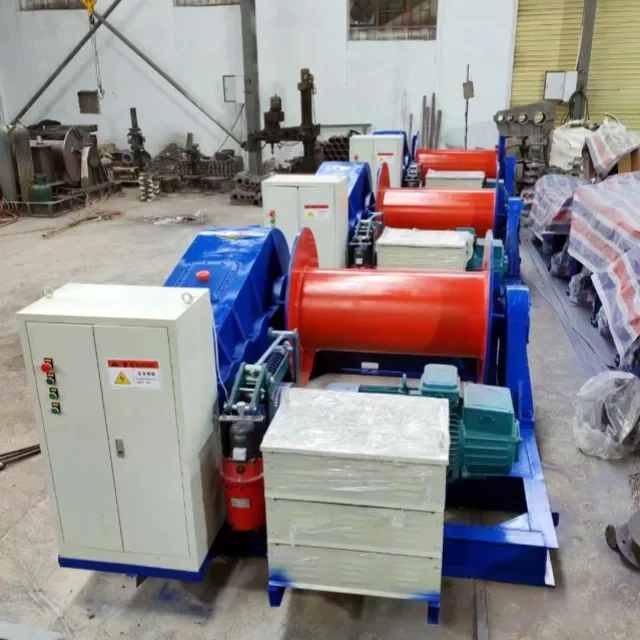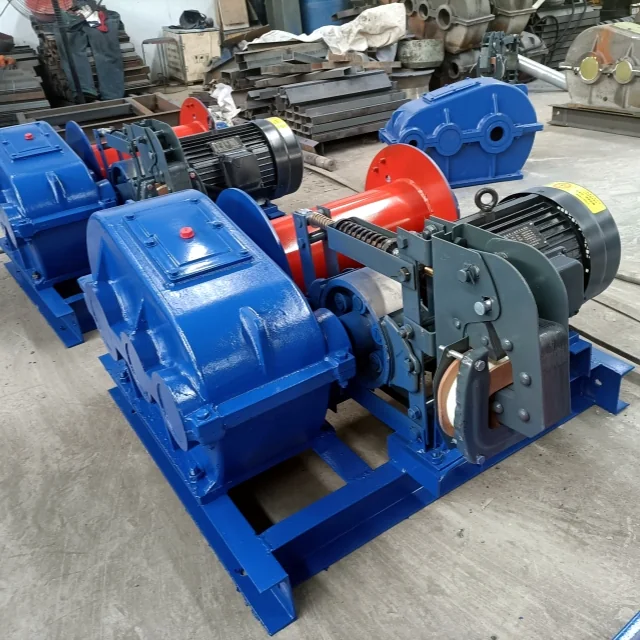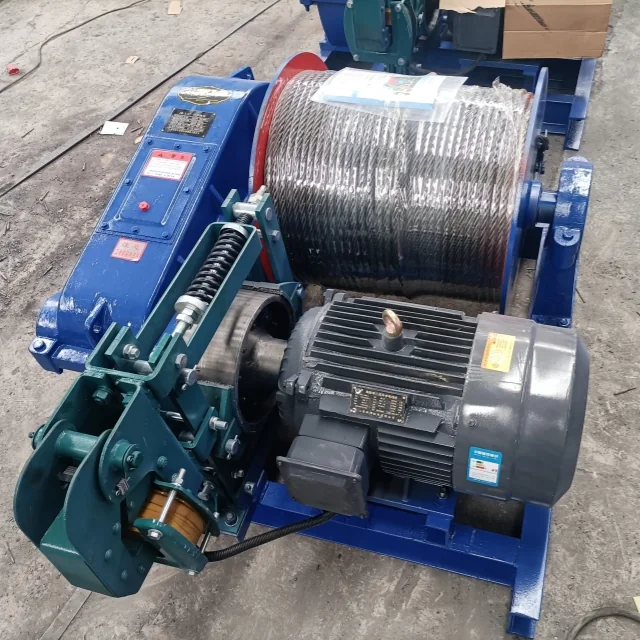Introduction
For businesses relying on trailer-mounted winches, certification isn’t just paperwork—it’s a critical safeguard against lawsuits, equipment failures, and regulatory penalties. This article reveals why certified winches outperform uncertified alternatives in risk mitigation, how industry standards like ISO 9001 protect your operations, and the real-world costs of neglecting compliance.
Why Certification Matters Beyond Basic Safety
Certification transforms winches from mere tools into legally defensible assets. Here’s how:
How Certification Prevents Costly Legal Liabilities
- Lawsuit Deterrence: Certified winches demonstrate due diligence, reducing negligence claims.
- Insurance Advantages: Many insurers require certification for coverage eligibility, lowering premiums.
- Contract Compliance: Most government and industrial projects mandate certified equipment.
Ever wondered why contractors bid higher for certified gear? It’s not just safety—it’s liability reduction.
The Hidden Risks of Non-Certified Winches
Uncertified winches expose businesses to:
- Regulatory Fines: OSHA and DOT penalties for non-compliance.
- Warranty Voids: Manufacturers often reject claims for uncertified modifications.
- Reputation Damage: A single failure can erode client trust.
Industry Standards You Can’t Afford to Ignore
Breaking Down ISO 9001 and ANSI Requirements
- ISO 9001: Ensures consistent manufacturing quality, reducing defect-related accidents.
- ANSI/ASME B30.7: Specifies load-testing protocols to prevent structural failures.
Think of these standards as a blueprint—skip a step, and the whole structure weakens.
The Certification Process Demystified
- Design Review: Engineers verify load calculations and safety margins.
- Material Testing: Components undergo stress tests (e.g., 150% overload capacity).
- Field Trials: Real-world performance monitoring under typical conditions.
Real-World Consequences of Cutting Corners
Case Study: A $500K Penalty from a Winch Failure
A 2021 incident involving an uncertified winch led to:
- Collapsed Load: Injured workers and damaged cargo.
- OSHA Investigation: $350K in fines for improper equipment.
- Lawsuit Settlements: $150K paid to affected parties.
Long-Term Reliability vs. Short-Term Cost Savings
Certified winches like those from Garlway offer:
- Lower Downtime: 78% fewer failures (per industry data).
- Resale Value: Certified equipment retains 30%+ higher resale prices.
Would you risk a half-million-dollar penalty to save 15% on equipment costs?
Conclusion: Turn Certification into a Competitive Edge
- Audit Your Fleet: Replace uncertified winches proactively.
- Partner Wisely: Choose brands like Garlway with transparent certification processes.
- Train Teams: Certification only works when operators follow protocols.
Certification isn’t a cost—it’s an investment in your business’s legal and operational resilience.
Related Products
- Electric and Hydraulic Winch for Heavy Duty Applications
- Warn Winch Windlass Boat Trailer Winch
- Electric 120V Boat Winch by Badlands
- Best 18000 Pound Drum Anchor Trailer Winch
- 12000 lb Heavy Duty Electric Boat Winch
Related Articles
- How Electric Winch Safety Features Prevent Catastrophic Industrial Accidents
- How Electric Winches Solve Industrial Safety and Cost Challenges
- How to Choose and Optimize a Winch for Any Job: Power, Capacity, and Environment
- How Electric Winches Deliver 5-Year Cost Savings in Industrial Operations
- How Electric Winch Components Dictate Performance and Durability





















